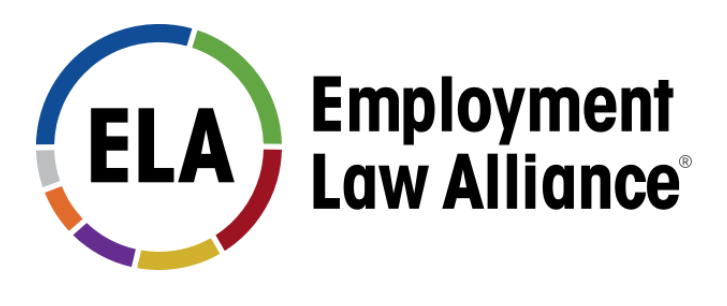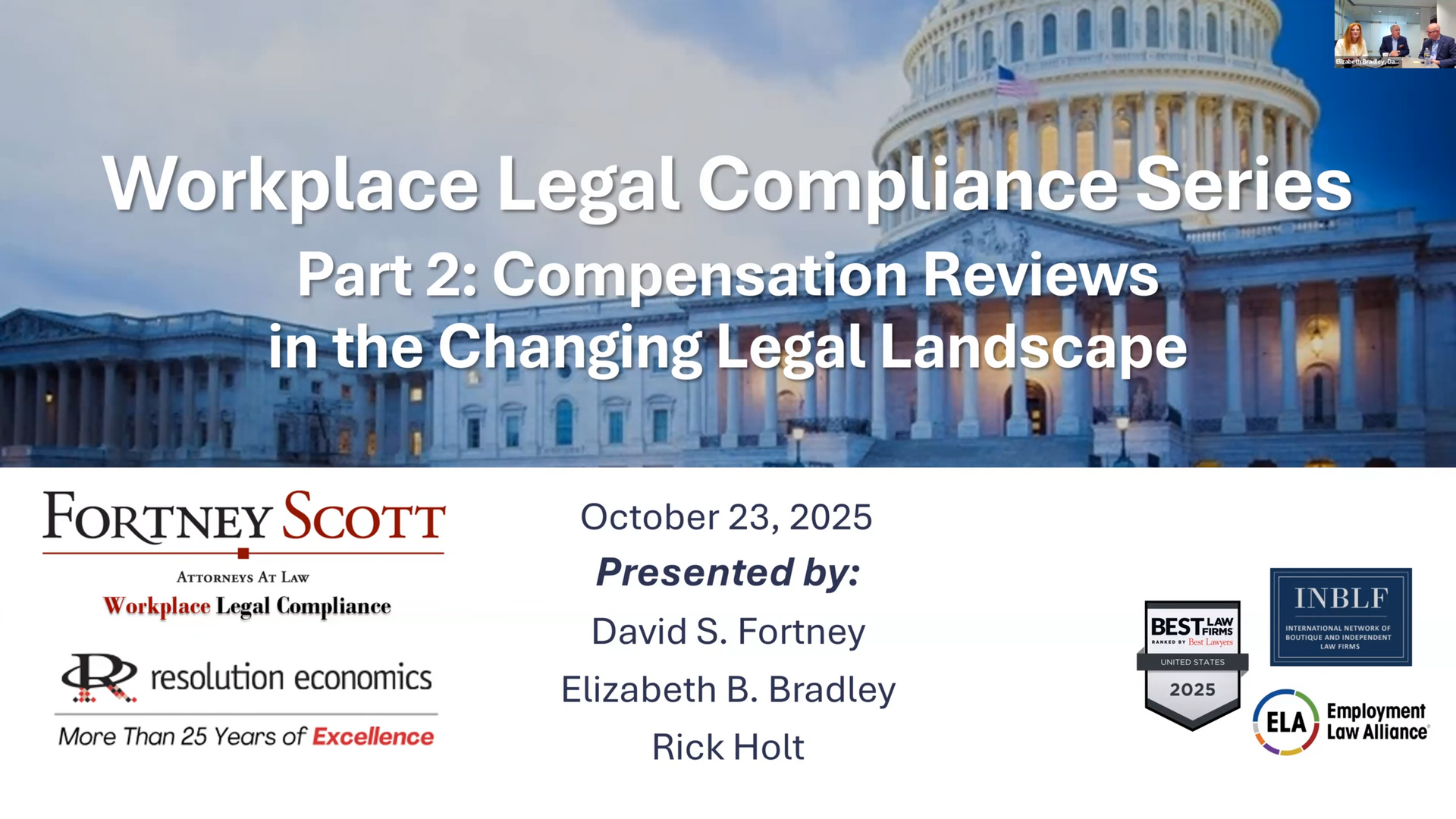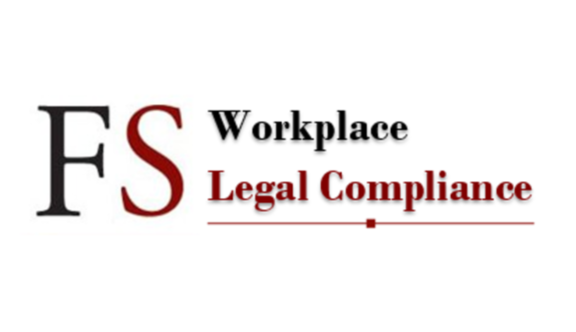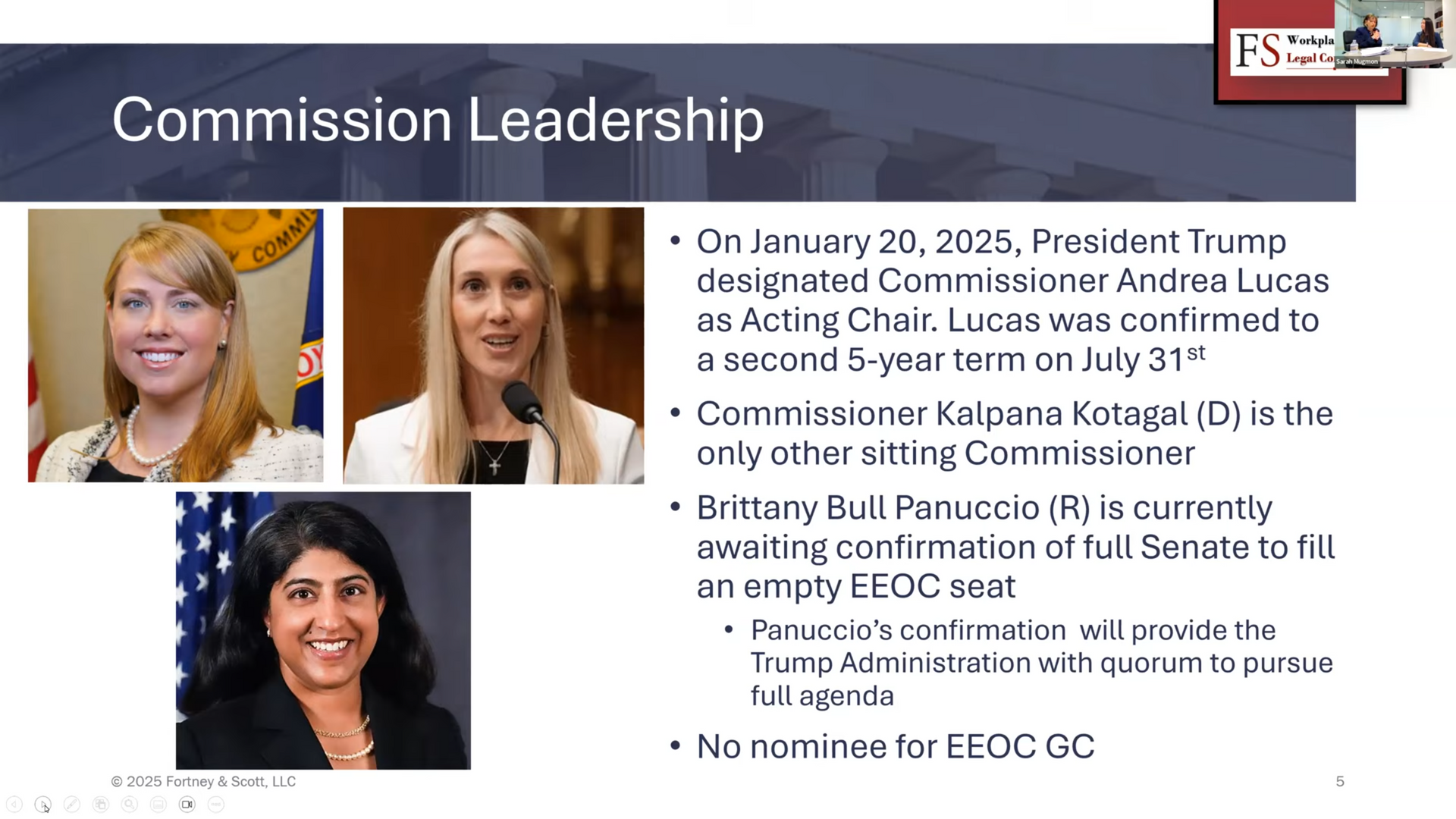COVID Relief Bill Extends, Ends Benefits
Although the focus of attention regarding the COVID Relief bill has been on the amount of one-time checks, other provisions of the new law may have long-term impact.
The Pandemic Unemployment Assistance program (PAU), which provides unemployment assistance to independent contractors, gig workers, and self-employed, and the Pandemic Emergency Unemployment Compensation program (PEUC), which funds states to provide up to 13 weeks unemployment benefits to those who have already used all available state benefits, have been extended.
However, the paid sick and family leave benefits provided by the Families First Coronavirus Response Act (FFCRA) have not been extended under the new bill. As of January 1, 2021, employers are not required to provide these supplemental benefits. However, the new act is designed to incentivize employers to use tax credits to underwrite a continuation of these or similar benefits.
Employers should quickly decide if and/or how they intend to utilize this opportunity and communicate it to employees, especially if an employer aims to end the special paid sick and family leave benefits.
Employers should be aware that among the goals of the Biden Administration is an extension of the FFCRA with all changes made retroactive to January 1, 2021. If such a retroactive extension is enacted, employers who stopped offering FFCRA benefits may be faced with having to make back-pay or time-off awards.


















